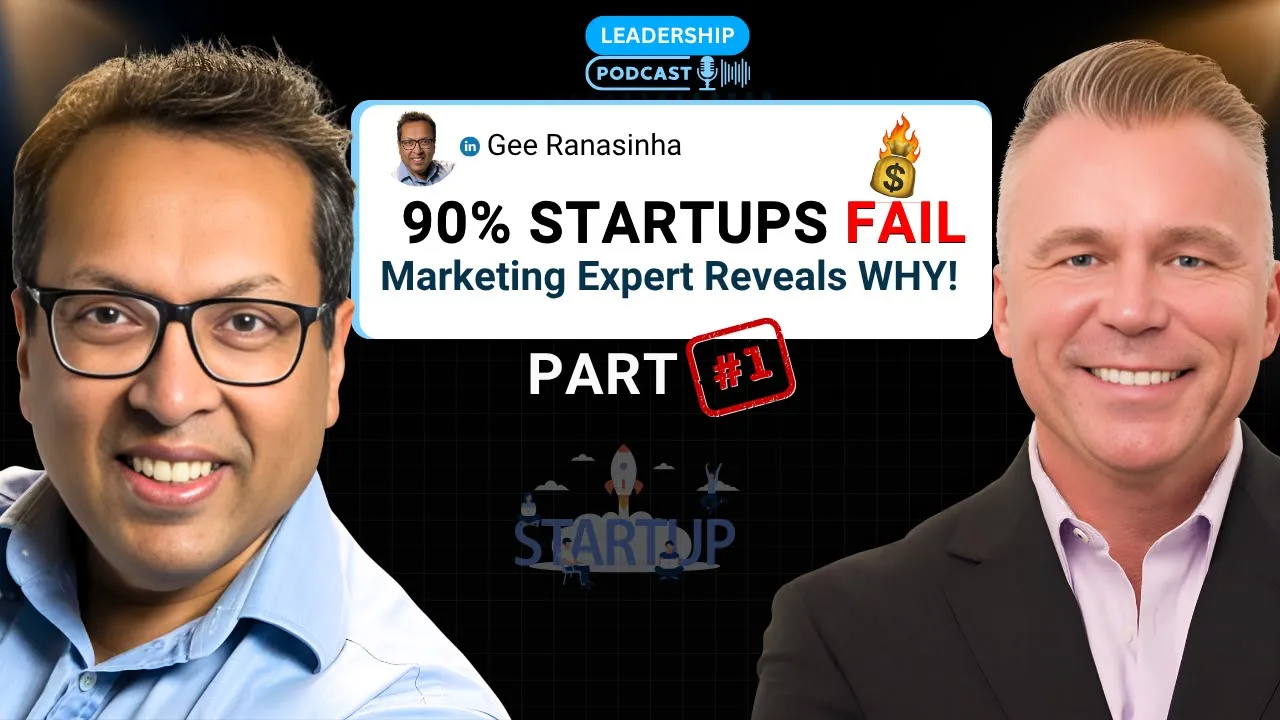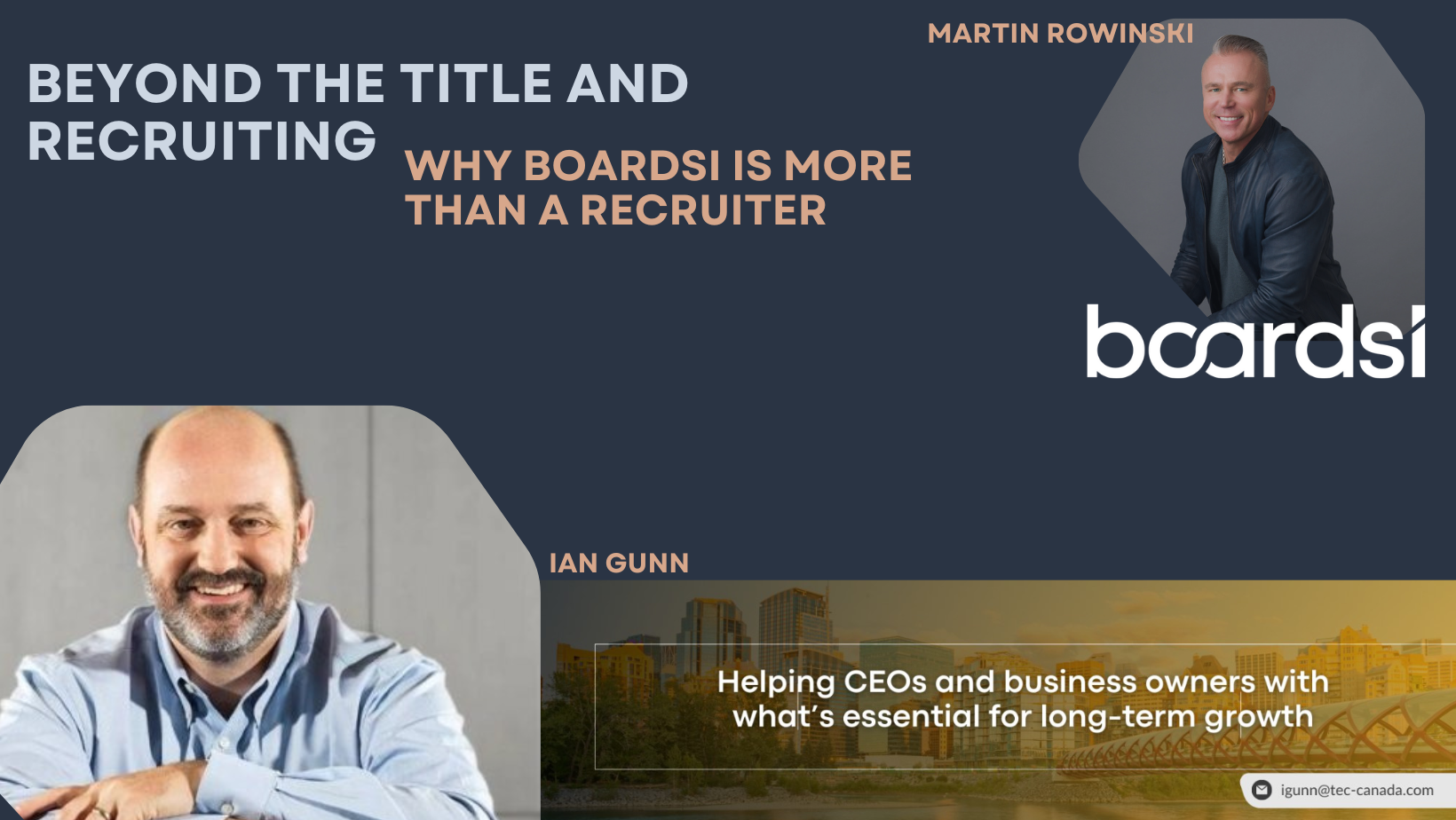As an entrepreneur, you can use your personal brand to your advantage in several ways. It’s an expression of your values, personality and unique selling proposition (USP) that can help you stand out from the competition. In the digital age we live in now, it’s important to have a strong personal brand if you want to be successful in business and stay relevant in a crowded market.
According to studies, a person’s personal brand can significantly impact both the reputation of their employer and their career success. For example:
- A study by LinkedIn found that professionals with a strong personal brand are more likely to be hired and promoted. The study found that “50% of professionals with a strong personal brand received interest from new employers compared to only 14% of those with a weak personal brand.”
- A survey conducted by CareerBuilder found that “57% of employers are less likely to interview a candidate they can’t find online.” This highlights the importance of having a strong online presence and personal brand.
- A study by Weber Shandwick found that “49% of executives believe a strong CEO personal brand is critical to their company’s overall reputation.” This highlights the importance of personal branding not only for individuals but also for the companies they represent.
- A study by HubSpot found that “companies with a strong CEO personal brand generate 11% more shareholder return than their competitors.”
These studies show how personal branding can affect professional success and a company’s reputation. By building a strong personal brand, entrepreneurs can set themselves apart from their competitors, gain credibility and help their businesses succeed.
Strategies for developing your personal brand
To build a strong personal brand, you should spend time and energy building your brand identity, establishing your online presence, creating compelling content, networking and collaborating, being genuine and consistent, developing your leadership skills, embracing your unique point of view and asking for feedback.
1. Define your brand identity
The basis of your personal brand is your brand identity. Your unique selling proposition (USP), personality and values are all included. Asking yourself questions like, “What do I stand for?” will help you define your brand identity. What values do I hold? What distinguishes me from my rivals?
2. Establish your online presence
In today’s digital age, building your brand online is crucial. Convey your expertise and add value to your readers’ lives by creating a website or blog. You can reach your target audience and spread your message by using social media like Instagram, Twitter and LinkedIn.
3. Create compelling content
With the help of content marketing, you can establish your brand and yourself as a leader in your field. Make blog posts, videos or podcasts that are interesting to your audience and showcase your expertise.
4. Network and collaborate
Networking and working with other people can help you build your reputation and connect with other leaders in your field. By attending conferences, joining professional groups, or participating in online communities, you can meet other business owners and grow your network.
5. Be authentic and consistent
Being honest and reliable is crucial to winning over your audience. Don’t stray too far from your brand’s identity and values in your content and messaging. Your listeners will value your sincerity and credibility highly.
6. Develop your leadership skills
Leadership skills are highly correlated with the reputation you’ve built for yourself as an entrepreneur. You can become an industry leader by inspiring and motivating your team, sharing your vision with them and making strategic decisions. Finding a mentor or coach, participating in a leadership development program, or reading material on the topic can all help you grow as a leader. Focus on improving your emotional intelligence, strategic thinking and communication skills to become a better leader and build your personal brand.
7. Embrace your unique perspective
Your original perspective sets you apart from other professionals in your field. Recognize the value of your unique perspective and employ it to set yourself apart. Communicate your point of view through your messages and articles.
8. Seek feedback
If you want to fix any flaws in your message, you need to hear what people think. Your target audience, coworkers and mentors can give you feedback that can help you build and keep your personal brand.
If they want to succeed in business, entrepreneurs must build a solid personal brand. The time and effort you put into developing your brand identity, online presence, content creation, networking and collaboration skills, authenticity and consistency, leadership skills, a unique perspective and feedback will pay off in the form of a strong personal brand that sets you apart in your industry.
Building a name for yourself in the business world can only help you in the long run. It’s not easy, but it’s worth it in the end. Building a solid personal brand can lead to increased professional credibility, trust and success. Using the aforementioned methods, you can establish a solid personal brand that will set you apart in your field and aid you in reaching your objectives.









